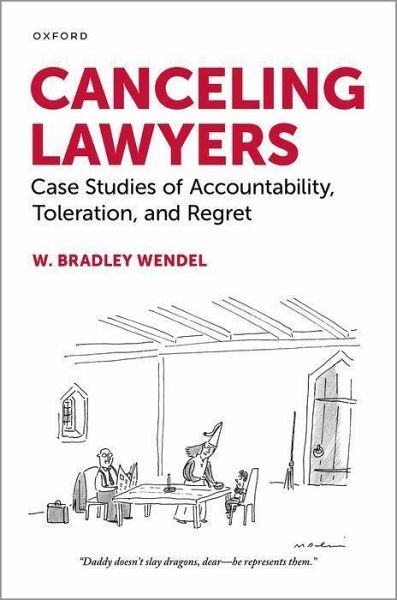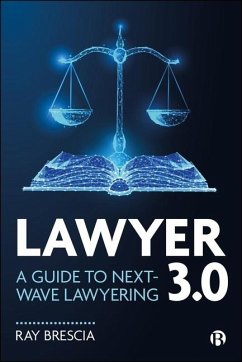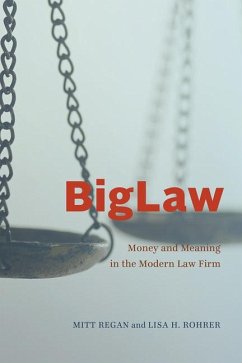
Canceling Lawyers
Case Studies of Accountability, Toleration, and Regret
Versandkostenfrei!
Versandfertig in über 4 Wochen
40,99 €
inkl. MwSt.
Weitere Ausgaben:

PAYBACK Punkte
20 °P sammeln!
Lawyers who are criticized for representing unpopular clients - in today's political climate these may include firearms manufacturers, fossil fuel companies, and powerful men accused of sexual misconduct - explain that the long tradition of representing everyone is an essential ingredient in the defense of the rule of law. They may see contemporary episodes of criticism as the threat of mob rule. Like much of the controversy nowadays over "cancel culture," the two sides seem to be talking past each other. This book explains that both sides are onto something. The rule of law is a valuable poli...
Lawyers who are criticized for representing unpopular clients - in today's political climate these may include firearms manufacturers, fossil fuel companies, and powerful men accused of sexual misconduct - explain that the long tradition of representing everyone is an essential ingredient in the defense of the rule of law. They may see contemporary episodes of criticism as the threat of mob rule. Like much of the controversy nowadays over "cancel culture," the two sides seem to be talking past each other. This book explains that both sides are onto something. The rule of law is a valuable political ideal but lawyers are people too, and others care about the attitudes and motivations that underlie the representation of controversial clients.













